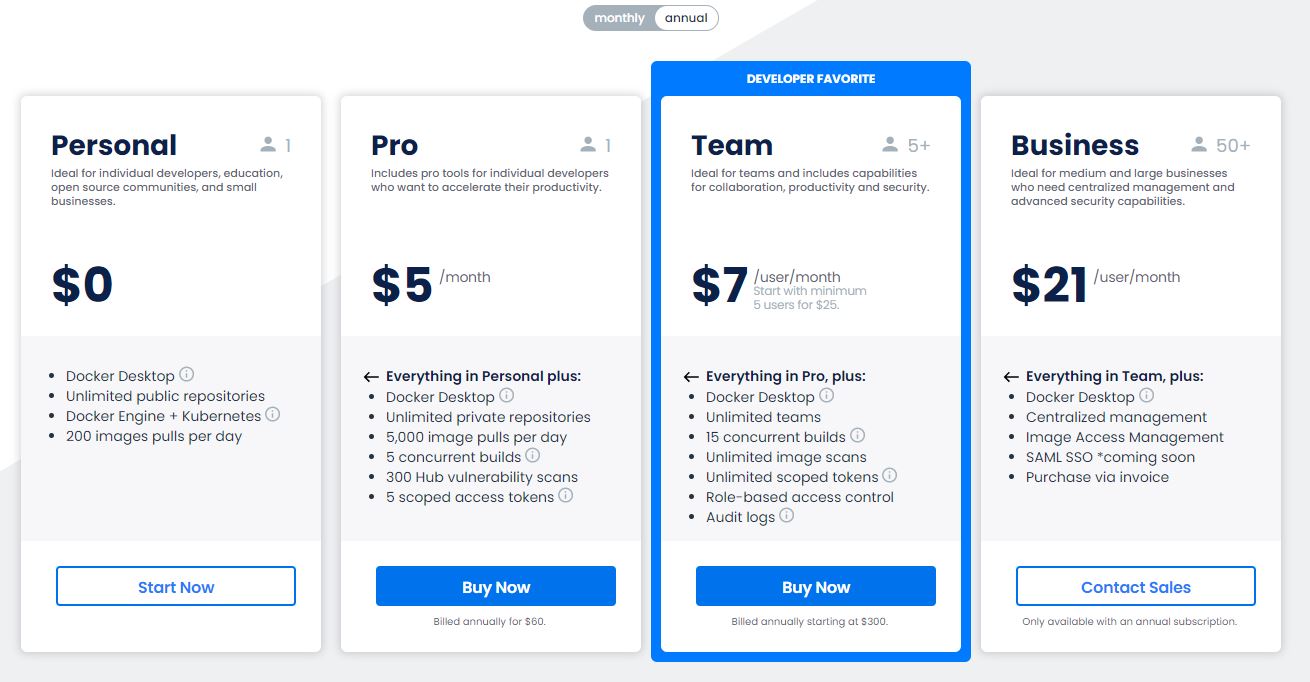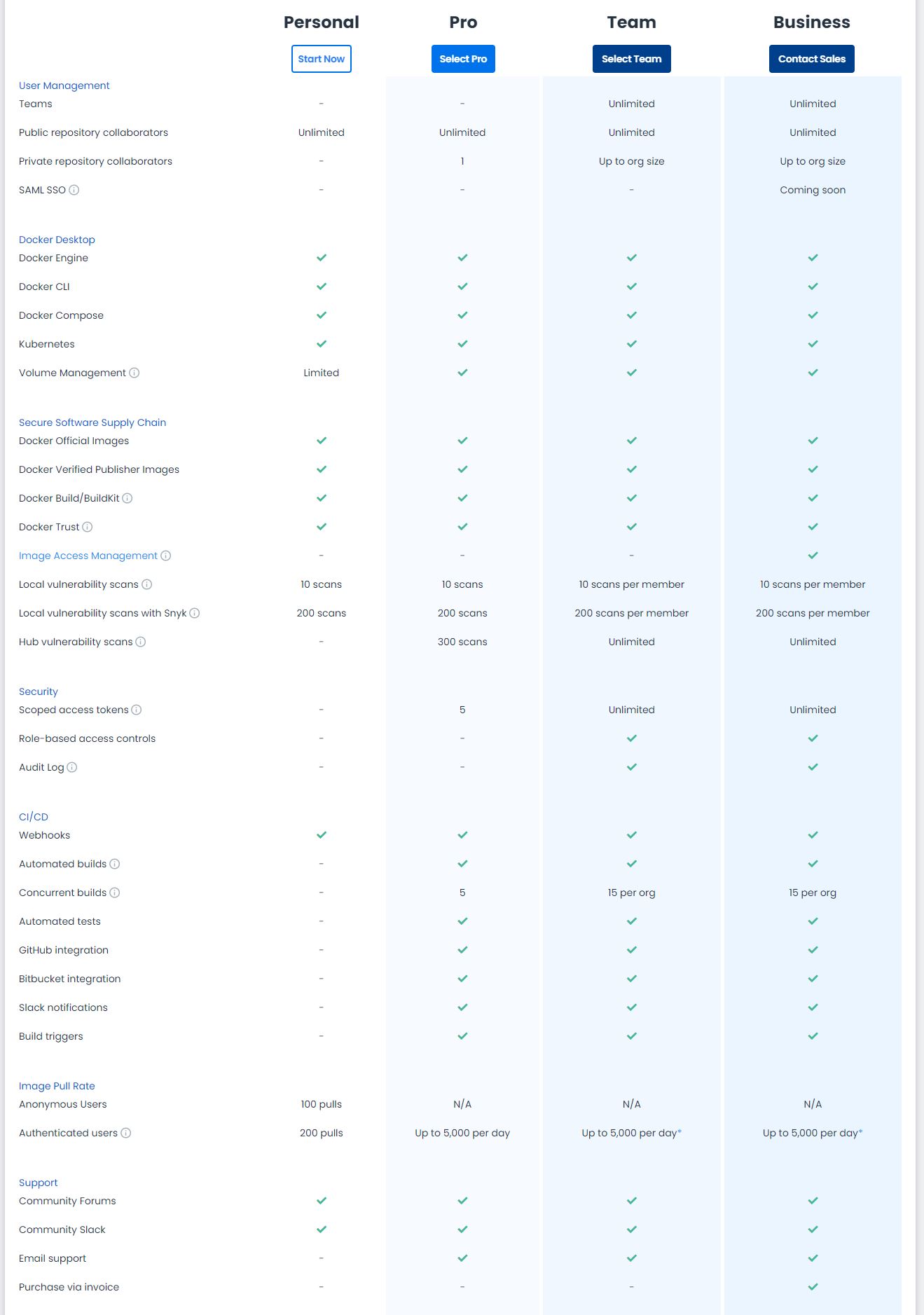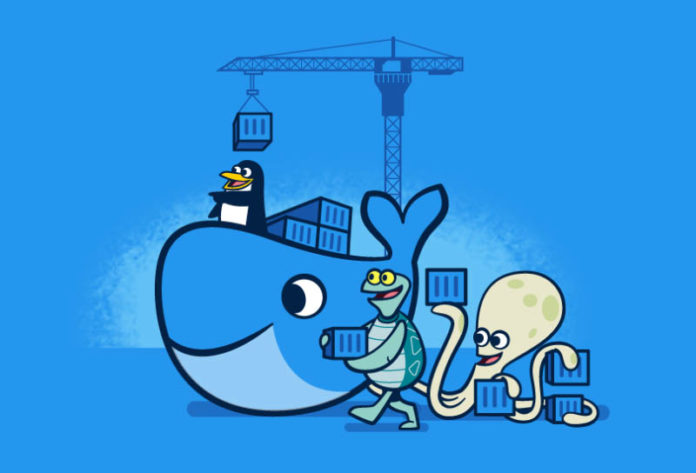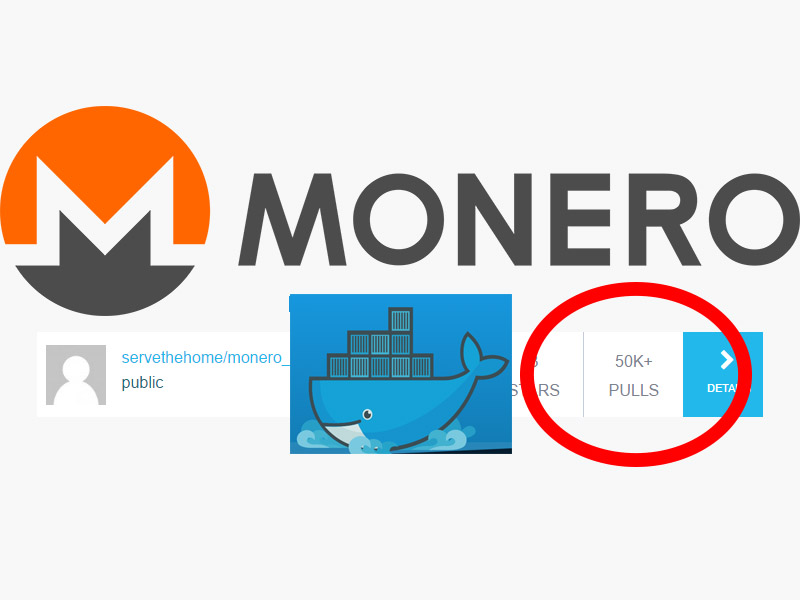If you have ever read a EULA, usually there is something in there that says terms may change without notice. Docker made big changes yesterday which means some STH readers will wake up this morning in violation of Docker Desktop license terms and need a paid subscription. To be clear, we understand Docker’s rationale, but we wanted our users to be aware of the change.
Docker Abruptly Starts Charging Many Users for Docker Desktop
On August 31, 2021, Docker released a press release and a blog post outlining a few changes. The first was for Docker Business subscriptions that add features such as controlling containers that can be accessed via Docker Hub and the ability to handle developer onboarding, offboarding, authentication, and observability. The Docker Business subscription is $21 per user per month billed annually.
The second announcement is perhaps more interesting. The Docker Desktop including Docker Personal is really the environment folks use in small businesses, education, and open-source products, as well as individuals, remains free. Docker is defining a small business as satisfying both having fewer than 250 employees and under $10 million in revenue. In larger businesses, one needs a Pro, Team, or Business subscription that start at $5/mo.

That $5/mo pricing is the Pro subscription billed annually, it is actually $7/mo billed monthly while the Team subscription is $9/mo billed monthly.
First here, we understand that Docker needs to generate revenue. Creating a foundational technology and not having revenue to grow the business is hard. At the same time, the notice period is what one may consider short. From the Docker team:
“These new terms take effect August 31, 2021, and there is a grace period until January 31, 2022 for those who require a paid subscription to use Docker Desktop.” (Source: Docker on August 31, 2021)
That either means the license changed at the time of the announcement or if it was truly dated August 31, 2021, then users using Docker Desktop that morning would wake up out of compliance. Computers work 24×7. Developers (sometimes) sleep.

Docker realizes that is springing the change on folks, so it is giving a grace period through January 2022 to transition, setting up for a big end-of-January subscription push.
Final Words
There are some folks that are going to be very upset by this, as we see when anything goes from Free to Paid. From a business perspective, we understand that Docker needs revenue to run its business, and at least there is a fairly broad set of users that can continue to use the Desktop tools for free.
At the same time, we wish that Docker opened up a bit of time between the change and the announcement. Although it says it has a “grace period” technically people were are out of license compliance when they woke up in the morning on August 31. If the intention was to provide roughly five months of non-enforcement, it feels like announcing on August 1, August 15, or even August 30, that a change would happen on August 31, and then there would be a five-month grace period would be better. It is quite harsh to make a large userbase non-compliant overnight, even if there is a grace period.





Fortunately Docker Desktop seems to be proprietary product run on Windows and MacOS X only platforms. Which means anybody angry with the license change can still migrate to free Linux docker. At least I’ve checked and my ubuntu and debian versions still provide docker and related tools…
I always struggled to get docker to work right on Windows and just installed Linux in a VM and ran it there. Seemed to me that Docker Desktop was one of those value subtracting things.
I agree with Paul Houle. I’d extend it to docker as a whole.
CTO at Docker here, hi, long time reader too. Just to be clear (I don’t think it was, our fault), users have to agree the new terms, there is a new agreement in the new Desktop release.
I work for a large org. Bringing docker onboard as a new supplier would take us 9-12 months depending on how much legal stuff we have to do.
I totally understand the move, but the way you’ve gone about it is rubbish.
I have no idea how the folks at Docker are expecting this to go down, it reeks of desperation to drop such a sudden change with such a little thought out strategy behind it. We all get that to continue existing there must be revenue but going after the end users that are driving Docker adoption seems to be ass backwards.
First with the Docker Hub public pull quota restrictions breaking undoubtedly thousands of workflows, now with an overnight restriction on developer tools, it just doesn’t instill confidence into Docker as a company.
The actual cost isn’t even such a problem, but having to onboard yet another vendor, screening their user agreements and doing a risk assessment (not to mention if you have to evaluate them for GDPR compliance) just doesn’t reflect the limited value the product offer over alternative solutions.
I’m fine with this. Anyone who still insists on having Windows in their Docker toolchain is worth milking for some moolah.
This is a major betrayal of Docker and container consumers in Windows. There is no other way to run windows containers that I am aware of without docker. Nice bait an switch, you must have been watching what IBM/Redhat did with Centos and said “Hold me beer” Just another indicator that Docker is not the way to go when it comes to containers.
In other news, the Chrome browser is now free to small organizations (<250 employees AND < $10 million in revenue) ….
I'm glad to not have invested too much development with Docker Desktop for Windows. This would have been something I would have suggested upgrading to a paid subscription if the value add was high enough. Excellent technology with features like kubernetes that I have yet to familiarize myself with, but now I cannot because of the size of my organization.
Can we just download the tools create containers? Do we need docker desktop to create containers?
Docker deserves to get paid. They totally deserve it.